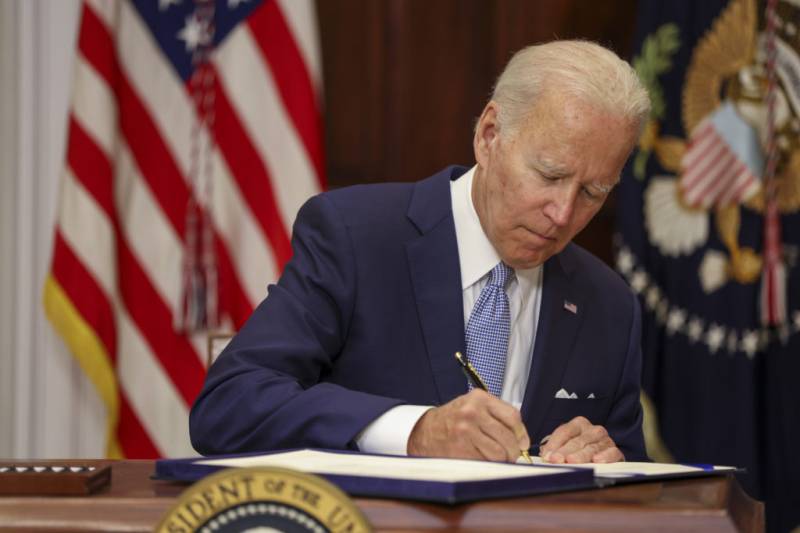
US President Joe Biden has signed the TikTok bill into law, setting in motion a nine-month countdown that could drastically alter the social media landscape. The newly passed legislation gives ByteDance Ltd., the Chinese parent company of TikTok, 270 days to sell its stake in the popular music video app or face a federal ban in the United States. TikTok has repeatedly denied accusations that the Chinese government can access users’ data and has claimed that the bill, which passed the Senate in a 79-18 vote, is unconstitutional.
Former President Donald Trump initiated the TikTok controversy with an executive order in 2020, threatening to ban the app over national security concerns. However, legal challenges and political shifts delayed any decisive action. Now, with bipartisan support, Congress has passed a bill that mandates ByteDance to divest its ownership of TikTok or face dire consequences.
TikTok, formerly called Musical.ly, is one of the fastest growing social media platforms in the world, and has nearly 150 million users in the USA alone, and over a billion globally. TikTok generates as much as $120 billion in annual revenue, with nearly $16 billion of this originating in the US.
American lawmakers’ primary concern is the fear that TikTok's data could be accessed by the Chinese government, posing a potential threat to national security. Lawmakers also worry that ByteDance could be compelled to hand over user data under Chinese law, raising alarms about potential surveillance and espionage.
Many are concerned that the app has pushed pro-Palestinian content to deliberately shape public opinion. The company has responded that the vast majority of its American users are teenagers and young adults, who are statistically more likely to sympathize with Palestine.
Advertisers continue to invest heavily in the platform, recognizing its vast reach and engagement levels. Users, creators, and businesses reliant on TikTok are expressing a mix of uncertainty and resilience in the face of the impending changes. While some are exploring alternative platforms, many believe TikTok will endure.
ByteDance and TikTok have vowed to fight the legislation in the courts. They argue that the ban violates constitutional rights, particularly the First Amendment's protections of free speech.
TikTok will remain active in the US for the next nine months, and if the government determines that the company is in the middle of negotiations for a sale, the grace period could be extended by another 30 days.
“This bill is unconstitutional. The First Amendment means that the government can’t restrict Americans’ access to ideas, information, or media from abroad without a very good reason for it—and no such reason exists here. Repackaging the government’s reasons for the ban in the language of ‘national security’ does not change the analysis. There’s no national security exception to the First Amendment, and creating such an exception would make the First Amendment a dead letter,” claimed Nadine Farid Johnson, policy director of the Knight First Amendment Institute at Columbia University.
In what is broadly being seen as a tit-for-tat measure, the Chinese government instructed Apple to remove Meta’s WhatsApp and Threads applications from the App Store in China, over “national security concerns.”
“This unconstitutional law is a TikTok ban, and we will challenge it in court. We believe the facts and the law are clearly on our side, and we will ultimately prevail. The fact is, we have invested billions of dollars to keep US data safe and our platform free from outside influence and manipulation,” TikTok said in a statement on Wednesday.
